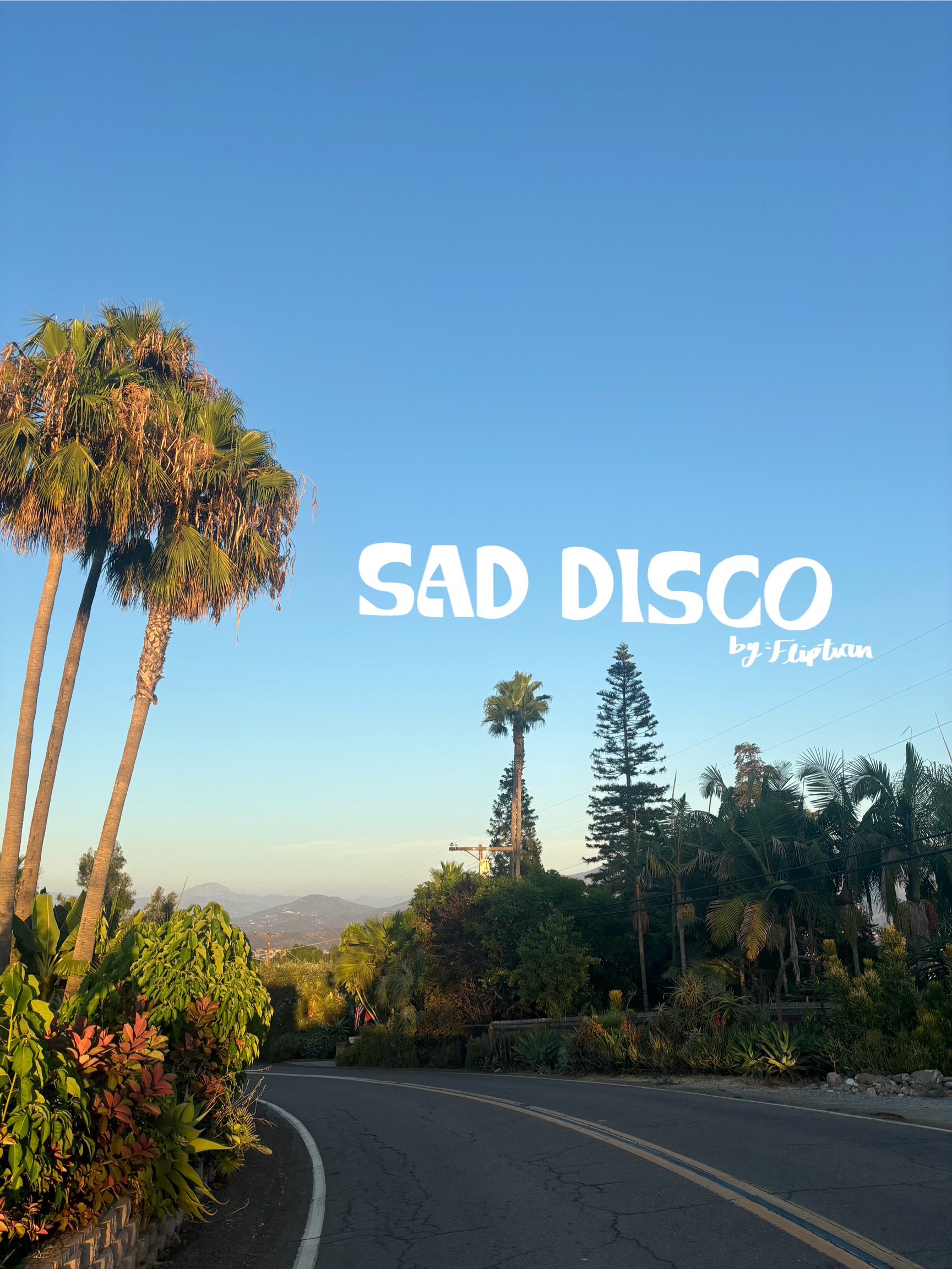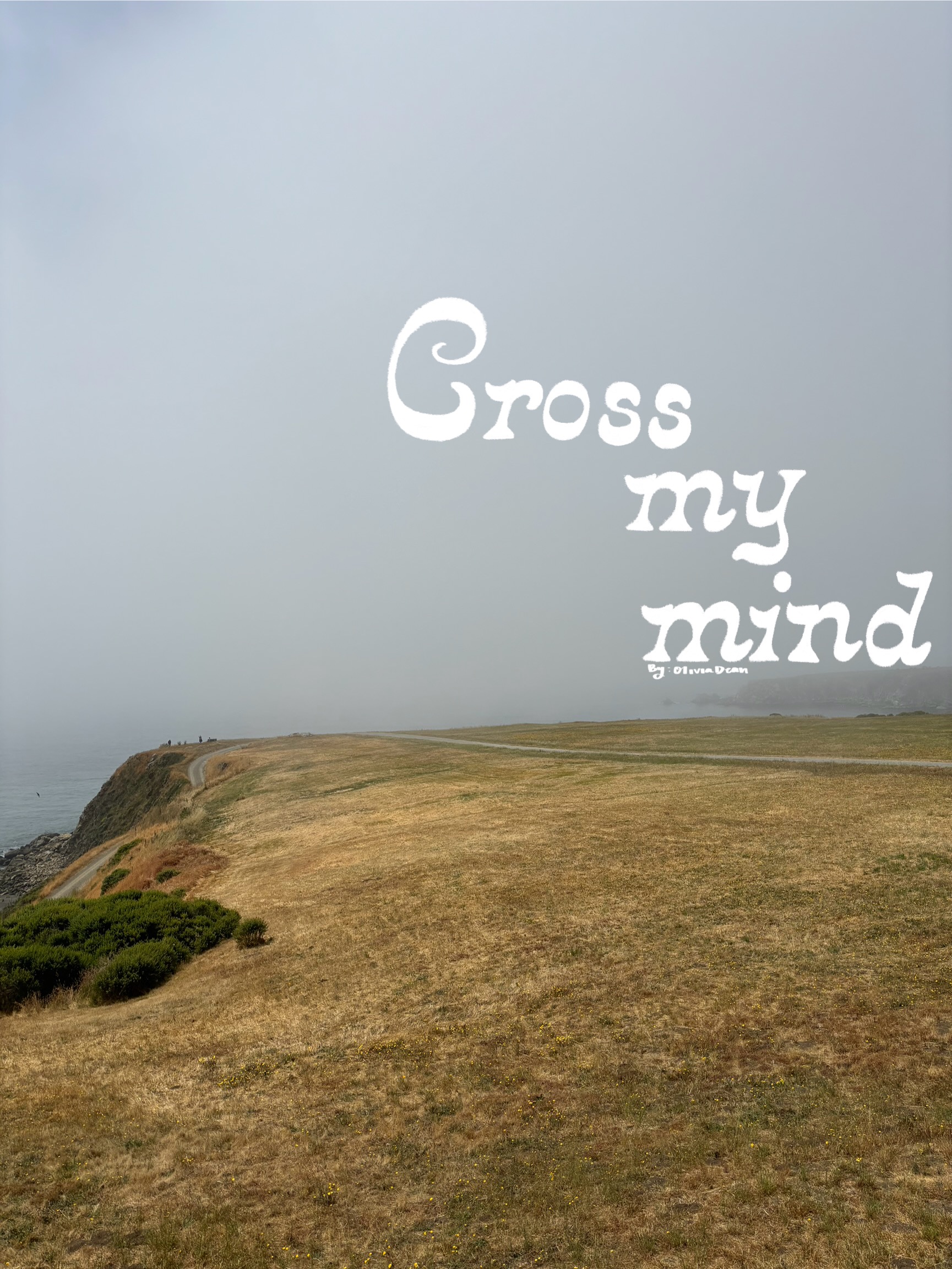Song of the Week:
Mystery of Love by: Sufjan Stevens
“Love” in Philosophy?
It is Wednesday … and then there is me! Add those two together and you get the fun and vibrant TUT. If you don’t know, I am trying to make TUT a thing. To my frequent readers, I hope you see that TUT stands for The Unfinished Times to which I welcome you, but to my newcomers I extend my hand out in hopes you cling on with all your might. A quick recap of last week, we talked about the intricacies of evil. Diving into Immanuel Kant’s Theory of Evil and how he was able to narrowly pinpoint the levels of intent to identify evil wills. Thus, this week, I want to talk about the opposite of evil, which is love? If it’s not, well, that is what we are talking about this week. And you might be yawning already, but I swear there is much more you don’t know.
Ancient Greek People
One of the hardest classes, I have ever taken was Philosophy of Art; it was exactly the reason why people do not fuck with philosophy. By this point, I had already declared philosophy as my minor so when I took this class, I realized I was in way over my head. I totally understand why people thought I was crazy for choosing philosophy; the way they make sentences so complex just to say, an example that is significant to understand the topic, yet seemingly insignificant because it is not even the main point at the same time, is bizarre. It was a puzzle in itself to try to comprehend. All this to say, I wish philosophical texts were not so complicated to read because everyone needs to read the Symposium.
If you never heard of Symposium, it was written by Plato around 385-370 BCE! When I first read this, I was utterly confused; I had to not only read it three times but also attend lectures just to watch the recording of it repeatedly. Thank you, Zoom University. Thee Symposium is a dialogue between Socrates and Diotima of Mantineia. Her fictional character acts like a guide for Socrates to unravel the mysteries of love and desire.
I also want to preface this by saying Ancient Greek stories also have very thin lines on consent and the amount of discretion is nonexistent. So, I have changed some phrases to make it a little bit more modest, but it is still the same story. Which you can find here.
Art of Loving
In this conversation, Socrates keeps running into walls as he tries to prove that Love is neither fair nor good. Finally caving in to hear what Diotima of Mantineia answer to: What is Love? Is he mortal? Is he immortal? He is neither but actually the means in between, rather a spirit diving between gods and men. For she says, he is the one who carries the prayers to the gods and conveys the replies of the gods to men. Love holds the intercourse of God and man, and such a power is extremely important. This explanation confused Socrates because how could a spirit hold such an important power so his next question of course, who was his father and mother?
The tale of Love is quite an interesting one, holding meaningful nuances these quirks add an insightful way to look at Love. Love was conceived at the birthday celebration of Aphrodite. You see, the goddess of love and beauty, threw a big birthday bash where the god Proso (Plenty) was an attending guest. He got very drunk and decided to lie in the garden of Zues. As the party was finishing, in walked Penia (Poverty) to beg for the scraps. Penia understood the circumstances she relays- always lacking- which is why she plotted to have Plenty’s child when she saw him lying in the garden. It is said she laid next to him and conceived Love. Two polar opposites having a baby, on the day of Aphrodite’s birthday, in the garden of Zues. This tale lays the foundation of what is to come.
Remember his parents? He resembles them perfectly, always poor with nowhere to sleep other than the bare earth, just like his mother always in distress. On the other hand, just like his father he would always be plotting against the fair and good, strong, bold, and keen on wisdom. “He is by nature neither mortal nor immortal, but alive and flourishing at one moment when he is in plenty, and dead at another moment, and again alive by reason of his father’s nature. But that which is always flowing in is always flowing out, and so he is never in want and never in wealth: and, further, he is in a means between ignorance and knowledge.” (Symposium, Benjamin Jowett). It was at this moment it clicked, Love requires two opposite parts, the nature of Love and the principles of Love. It reminded me of that one song from Adele- Love is a Game- because although Love holds tremendous pain it also has tremendous powers of light. And that even if we know this, we cannot help but follow the path of light and risk ourselves in the process because it is Love.
Of course, once Socrates received his quench for knowledge was not sedated and he requested follow up question to be answered by Diotima to further explain, “When a man loves the beautiful, what does he desire?” Obviously, the answer is the lucky lady which he thought was equivalent to happiness. But it is not that simple. See Diotima reveals that this desire is not common at all. Diotima put it like this, “There is poetry, which is complex and manifold. All creation or passages of non-being into being poetry to making, and the processes of all art are creative; and the masters of the arts are all poets or makers. You know that they are not called poets but have other names; only that portion of art which is separated off from the rest, and is concerned with music and metre, is termed poetry, and they who possess poetry in this sense of word are called poets.” (Symposium, Benjamin Jowett). This reminds me of the modern-day dating scene, we can have all these different names for a so-called relationship, i.e., situationship, fling, casual, the side, but this all falls under the umbrella of Love. But we know these relationships are vastly different from long term partners and marriage. So how can these fall under the same umbrella? She puts it like this “The simple truth is, that men love the good. To which must be added that they love the possession of the good. And not only the possession, but the everlasting possession of the good. Then love may be described as the love of the everlasting possession of the good. Then if this be the nature of Love, can you tell me what is the manner of the pursuit?” (Symposium, Benjamin Jowett). First, how profound! This was written in BCE and addresses 21st century problems. Chasing after that everlasting possession of the good is the sole difference between love and the beloved. To which reminds me of another song not by Adele but by Florence and the Machine– What Kind of Man- that display the frustration of handling exactly that difference, almost becomes angry at yourself for coming back when you know not too.
Going hand with that is the principles of Love: the human desire of procreation- “one that must be in beauty and not deformity.” (Symposium, Benjamin Jowett). This is by far my favorite point because it still tackles modern day problems again, in 300 BCE! She goes on to express, “…the mortal nature is seeking as far as is possible to be everlasting and immortal: and this only to be attained by generation, because generation always leaves behind a new existence in the place of the old.” (Symposium, Benjamin Jowett). Maybe it just me but, I never thought of the family unit in this manner! Speaking for myself, I do not have any grandparents in my life, and I always felt like this piece that just never filled. And that leaves me with the only option to not follow in their footsteps. The beauty in generation is a declaration of everlasting possession of the good which is love! Birth isn’t a job for women, it isn’t even our main identity, it is a gift, a gift of Love.
Music to my Ears
Now if you thought that was beautiful tale about Love I have another coming for you in the form of a song. This week’s song of the week is Mystery of Love by Sufjan Stevens. I have never seen the TV show so I cannot tell you much about that, but I can tell you this song makes my ears fall into abyss, incredibly beautiful composition from start to finish. And fits this week’s theme of Love and its wonderful mysteries, stick around next week as we dive into a different field of love that is in the eye of the true beholder.
Thank you for joining me on this journey at The Unfinished Times! Don’t forget to follow me for more insightful content, give a shout-out to spread the word, and consider signing up for our Co-Collective to be part of our vibrant community. And if you missed any posts from previous weeks, take a moment to catch up! Let’s continue exploring, sharing, and growing together! See you in the next post~XOXO
13





Tell me your Thoughts